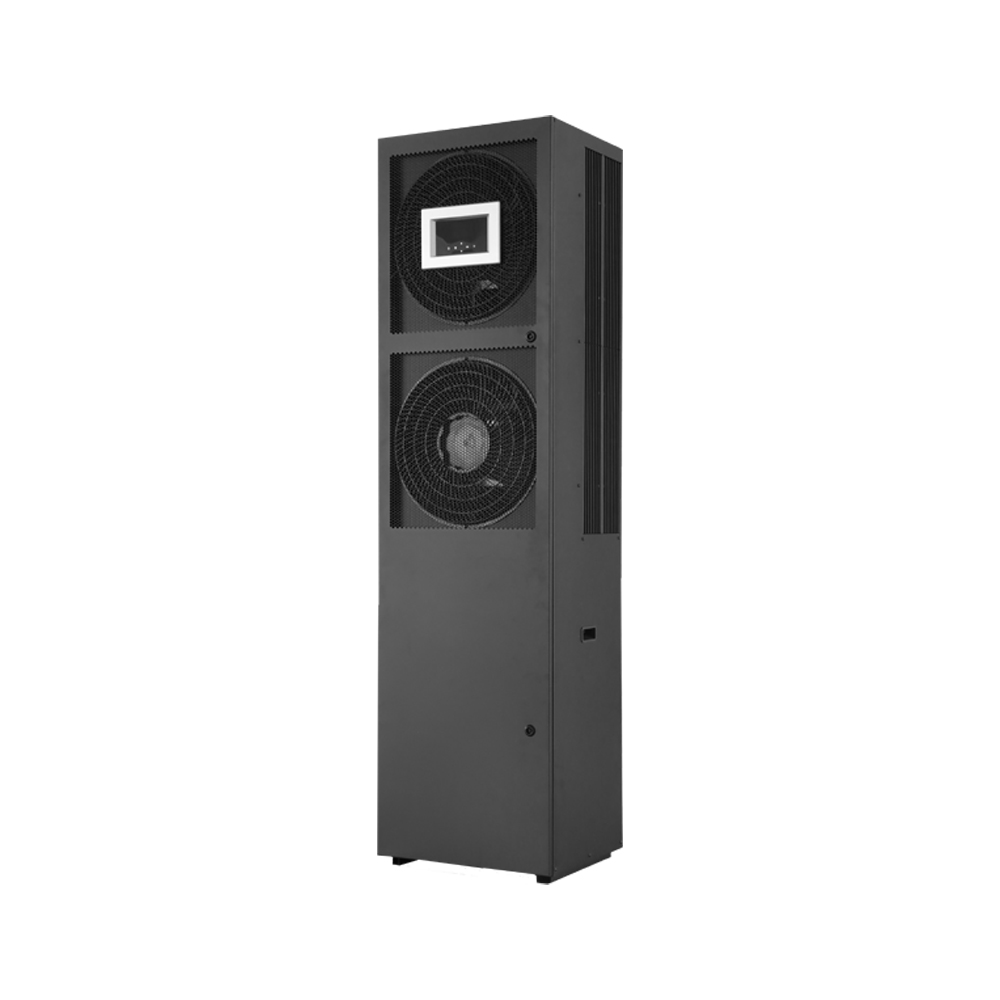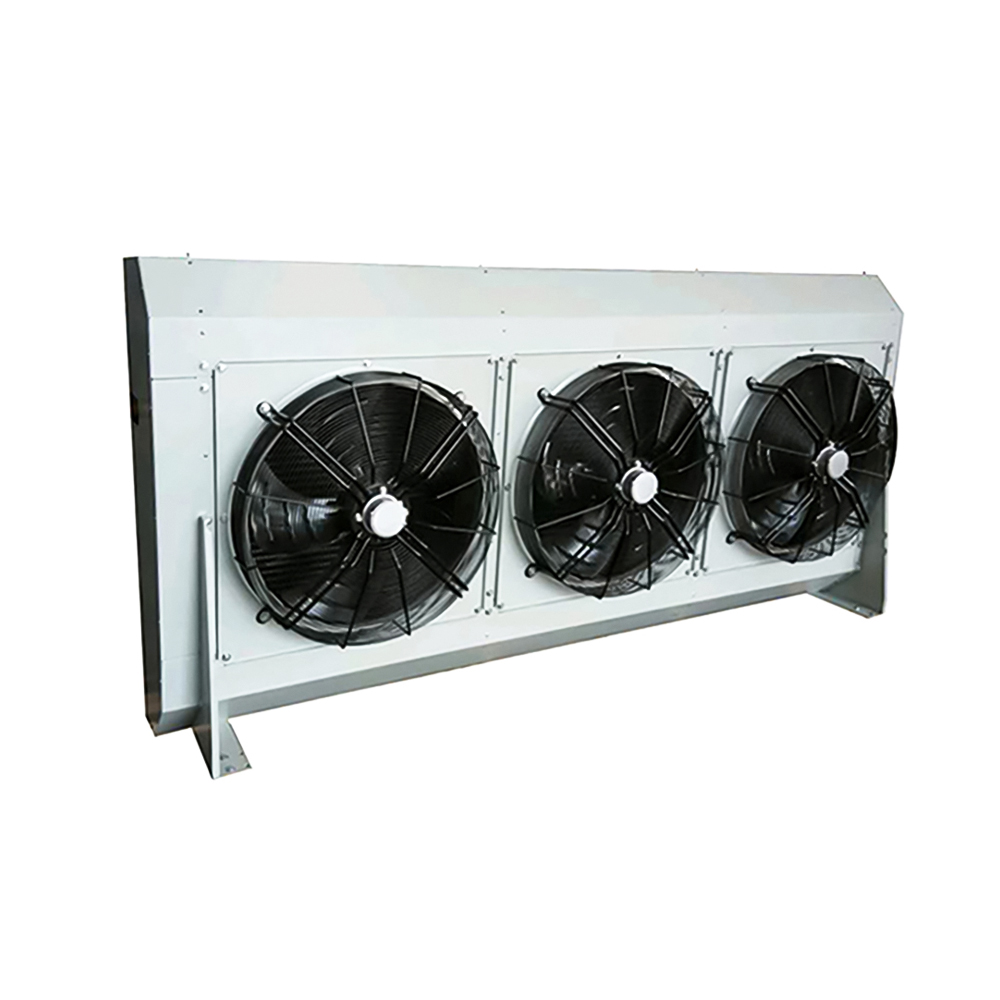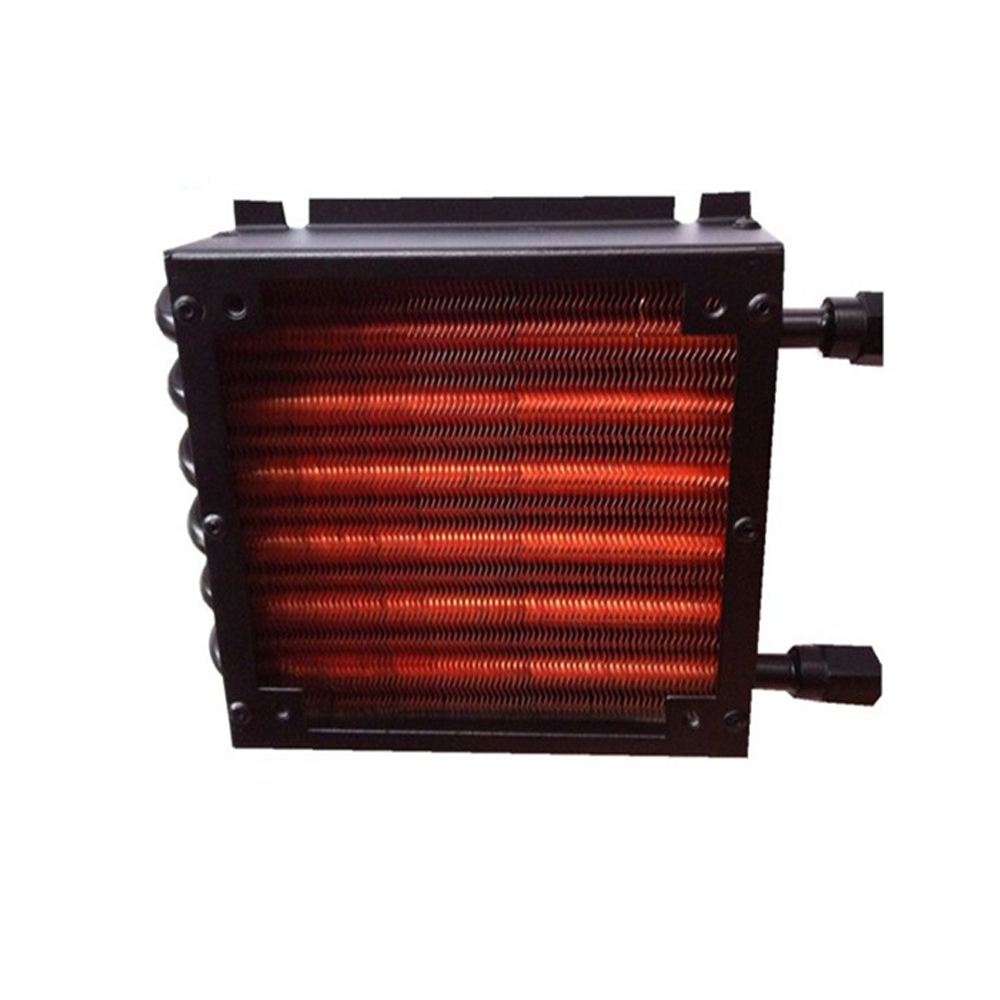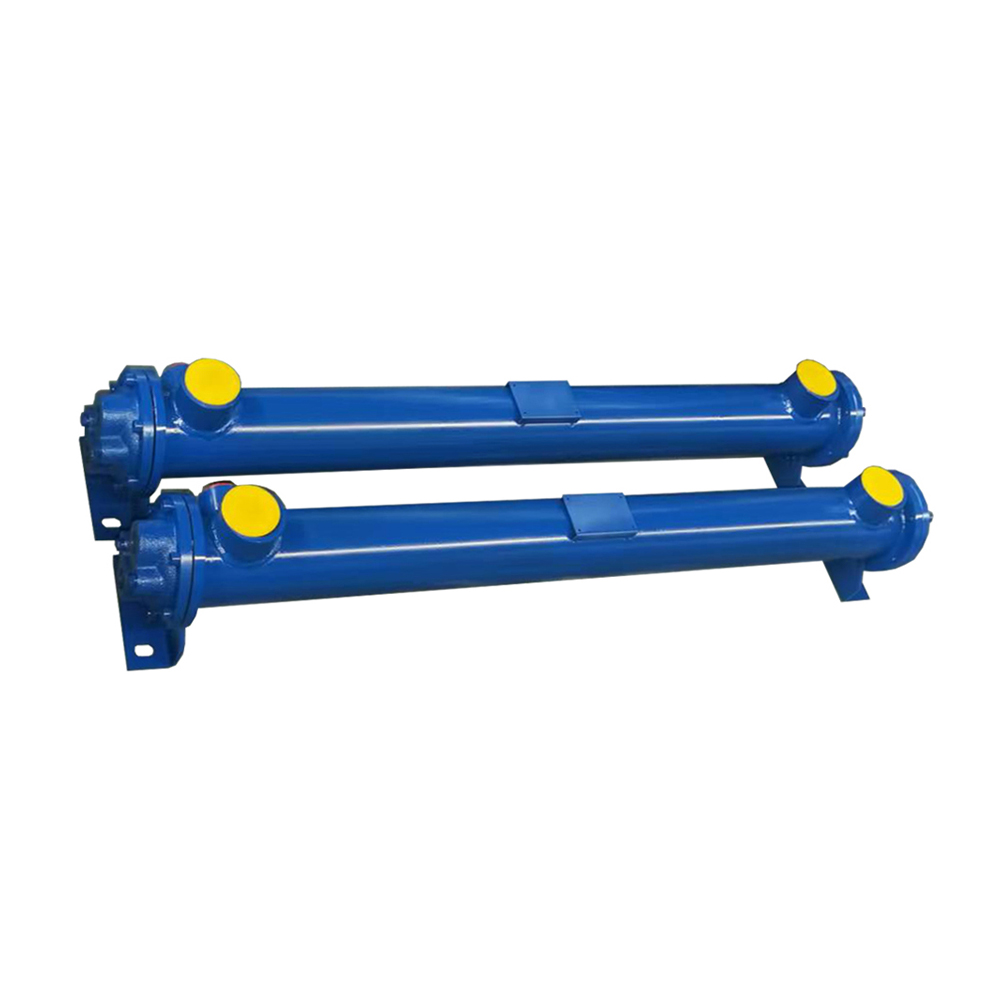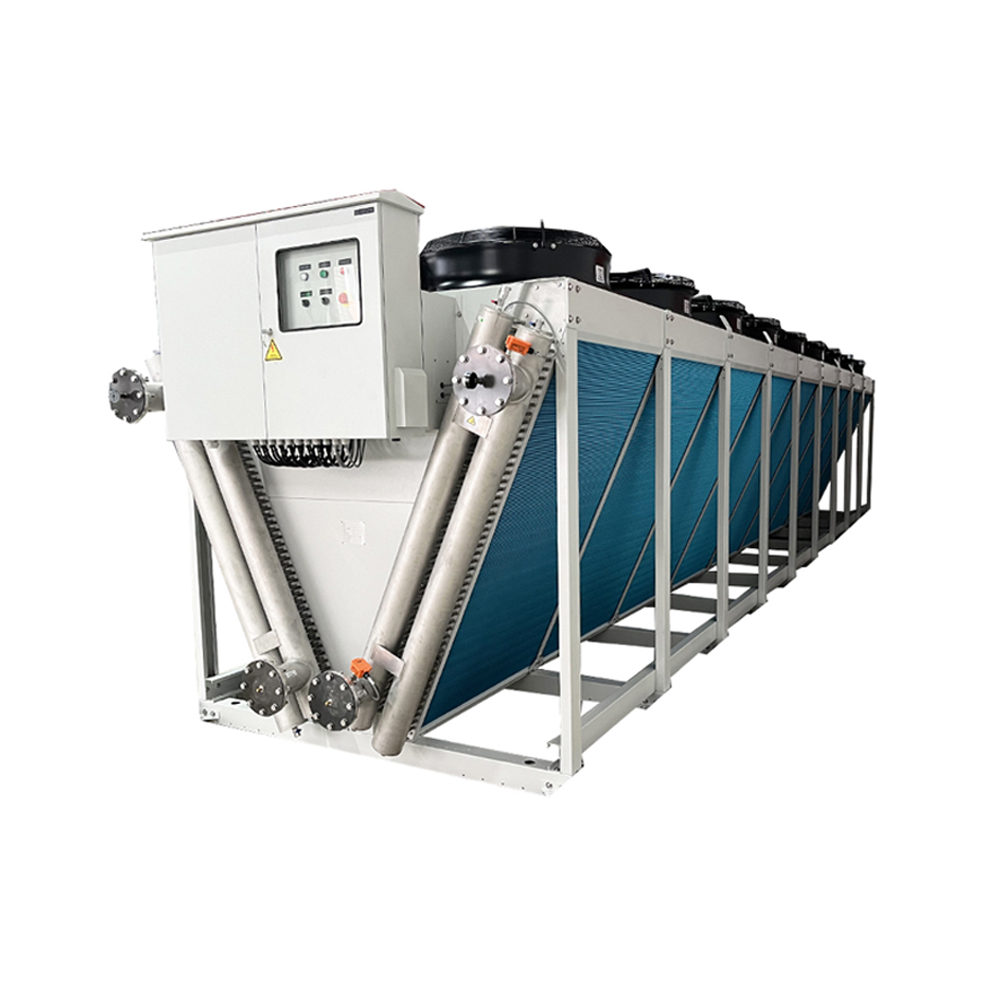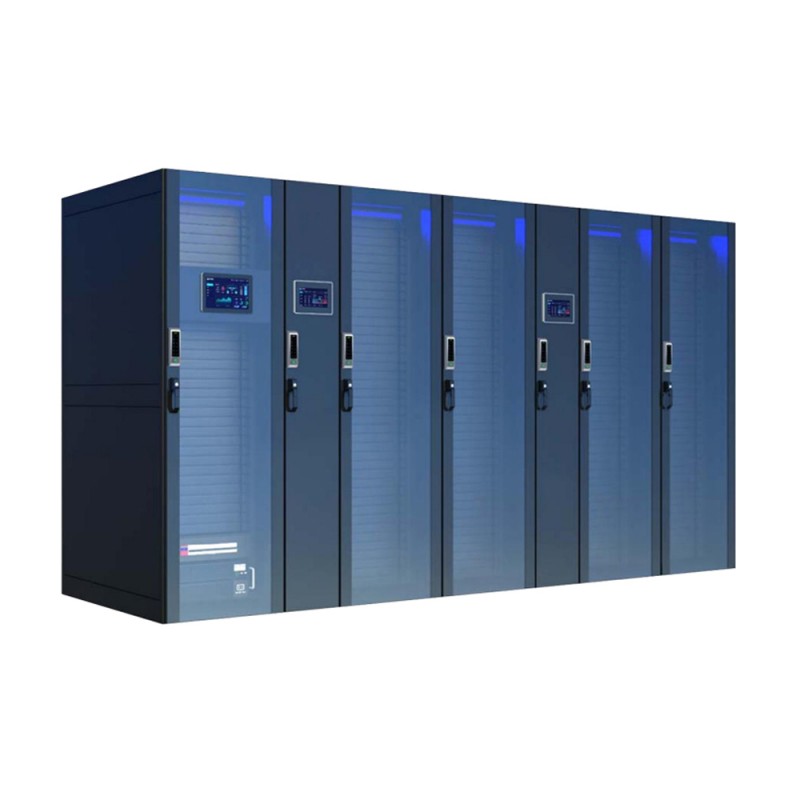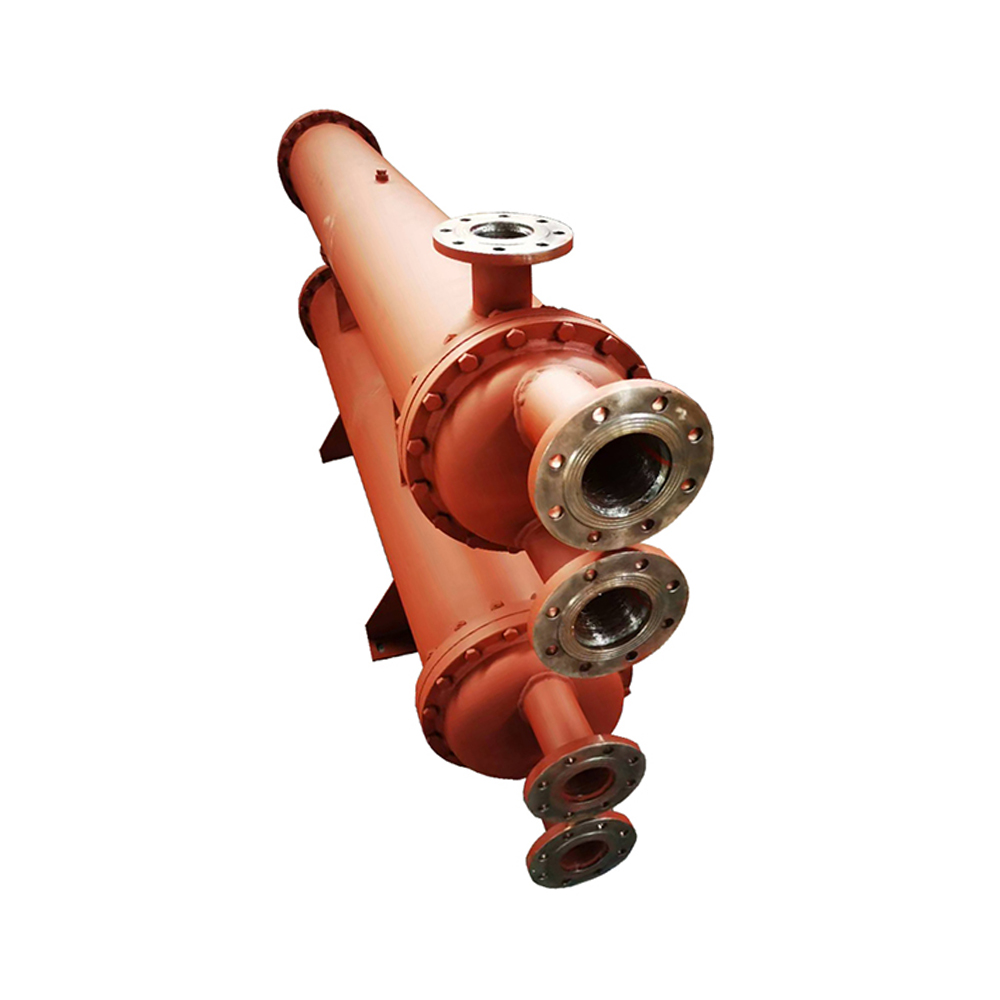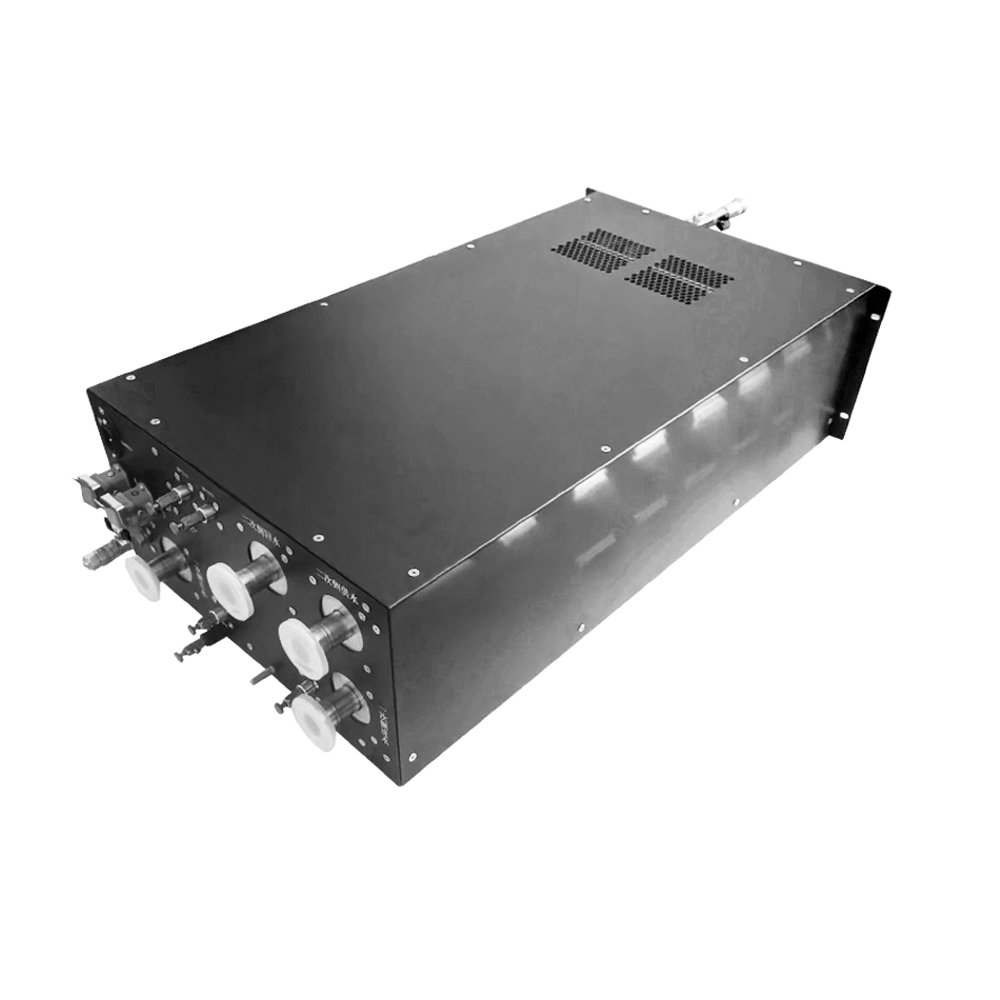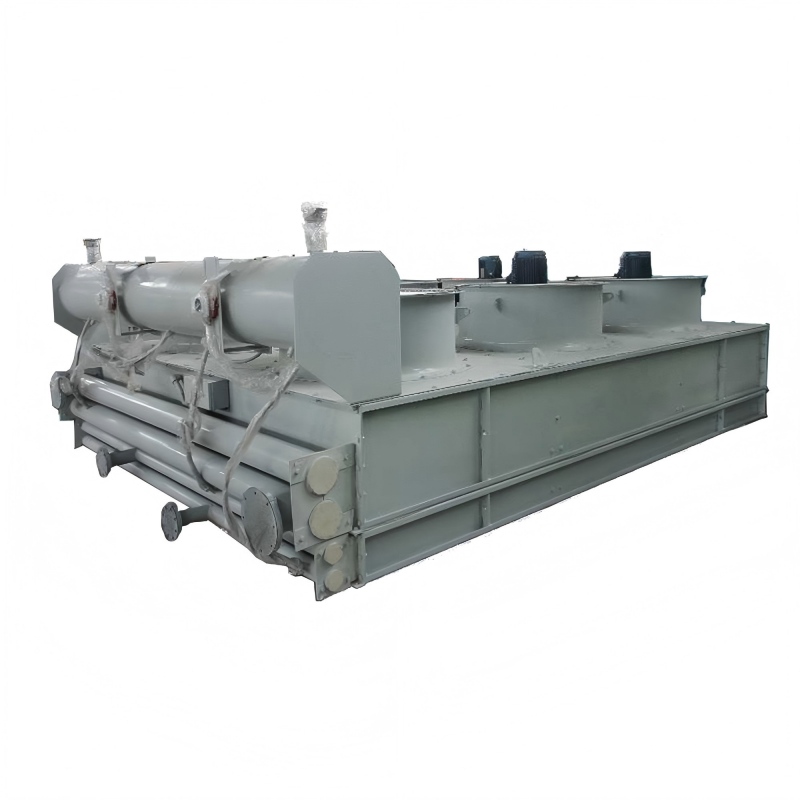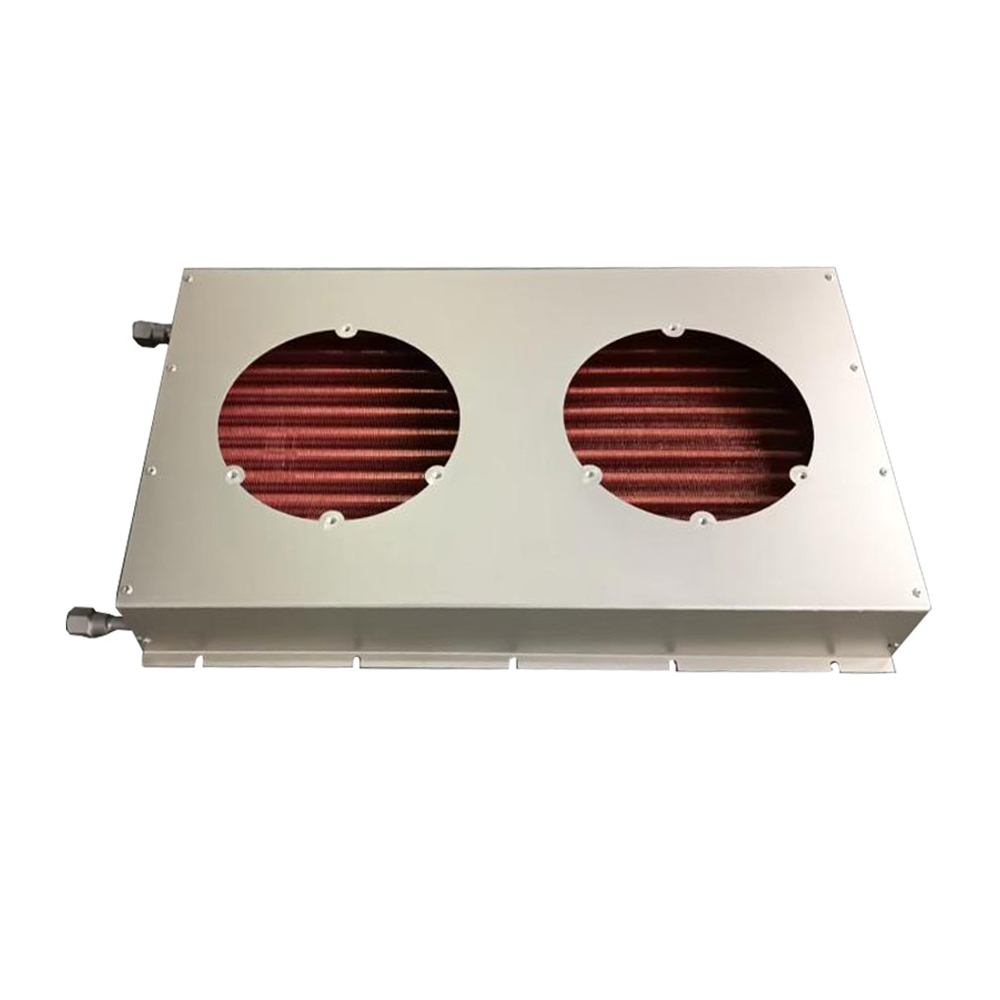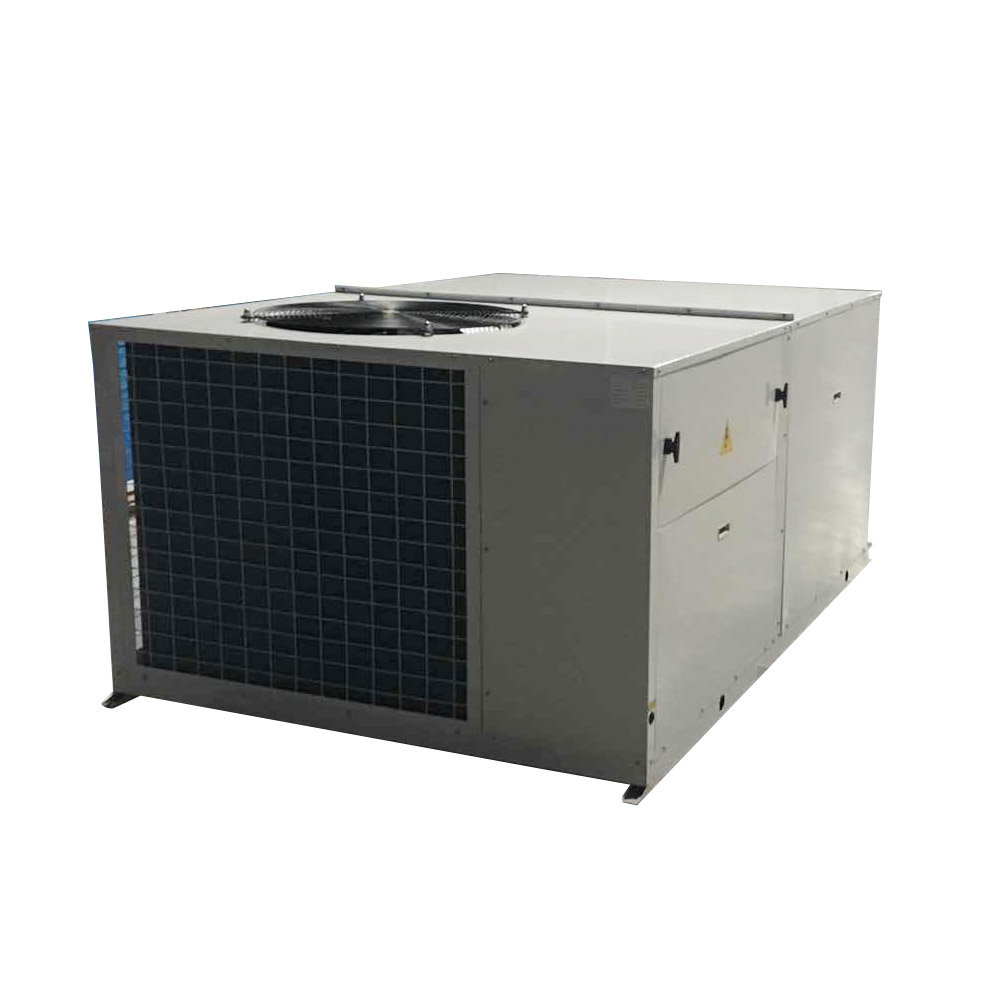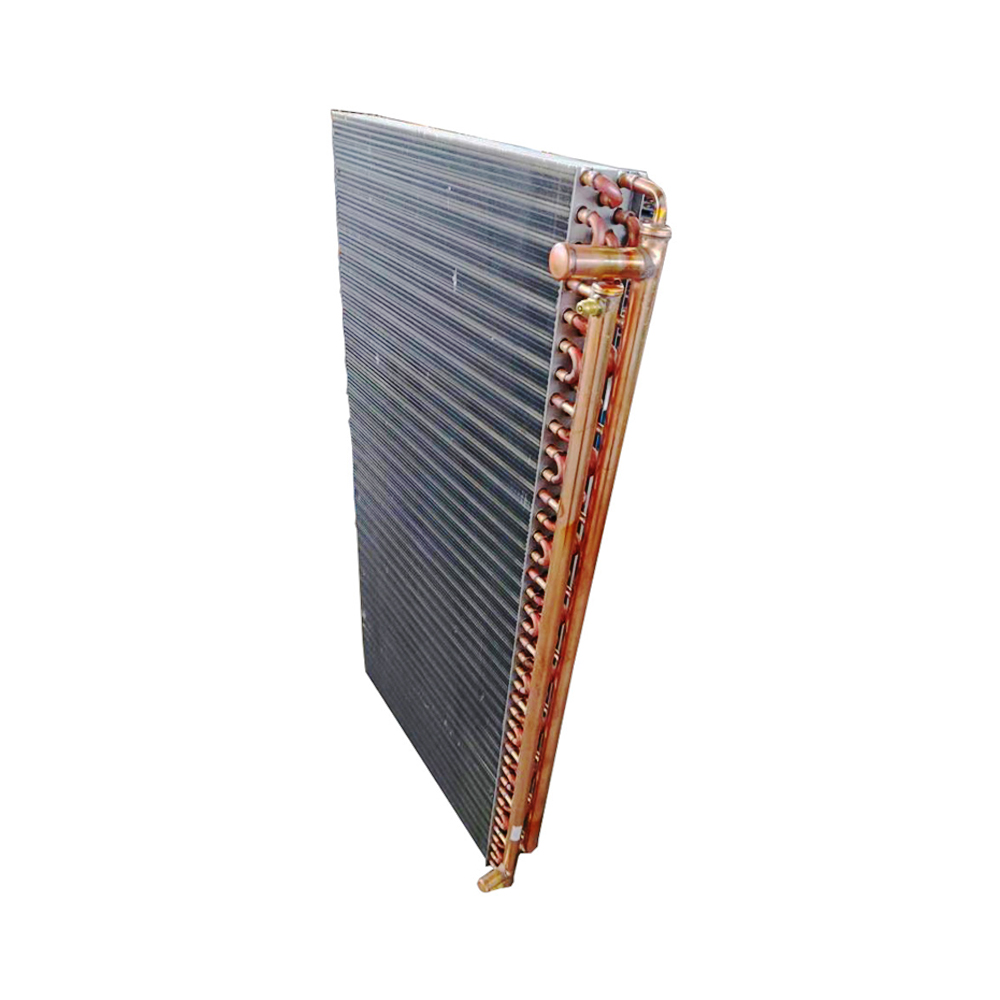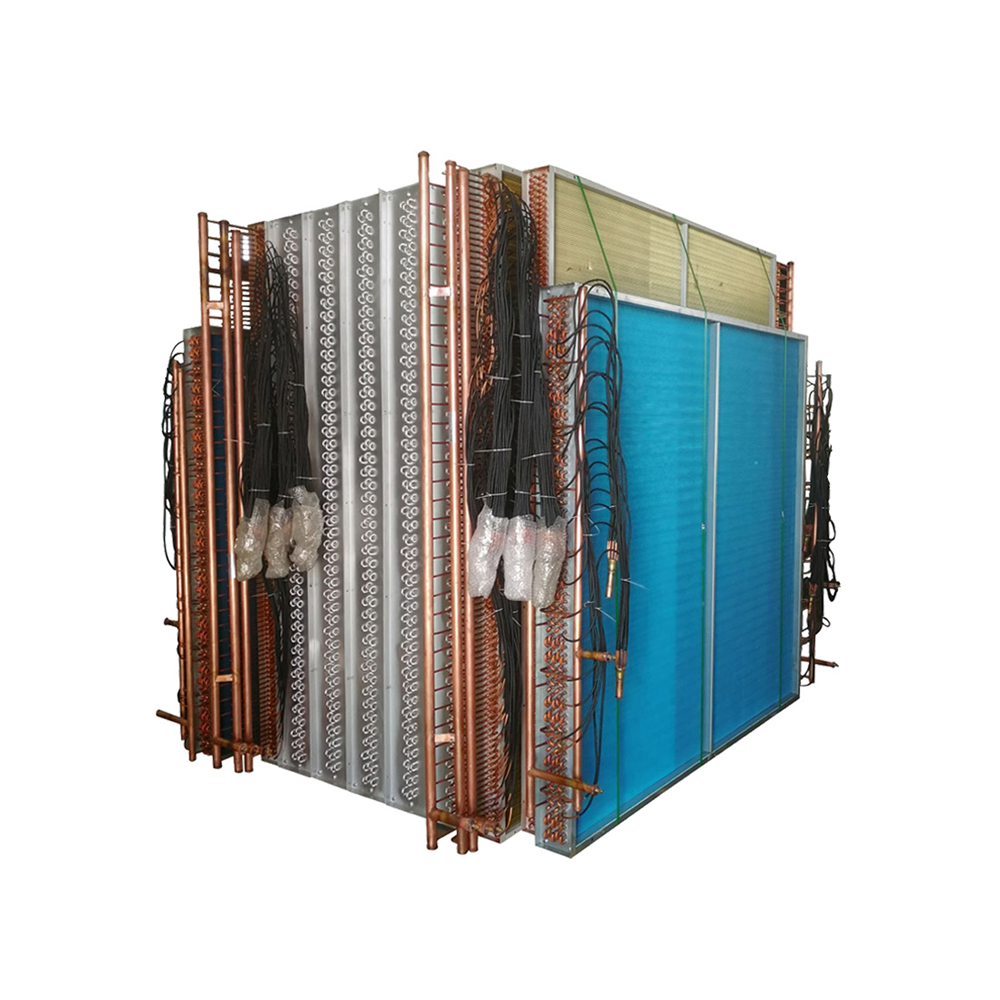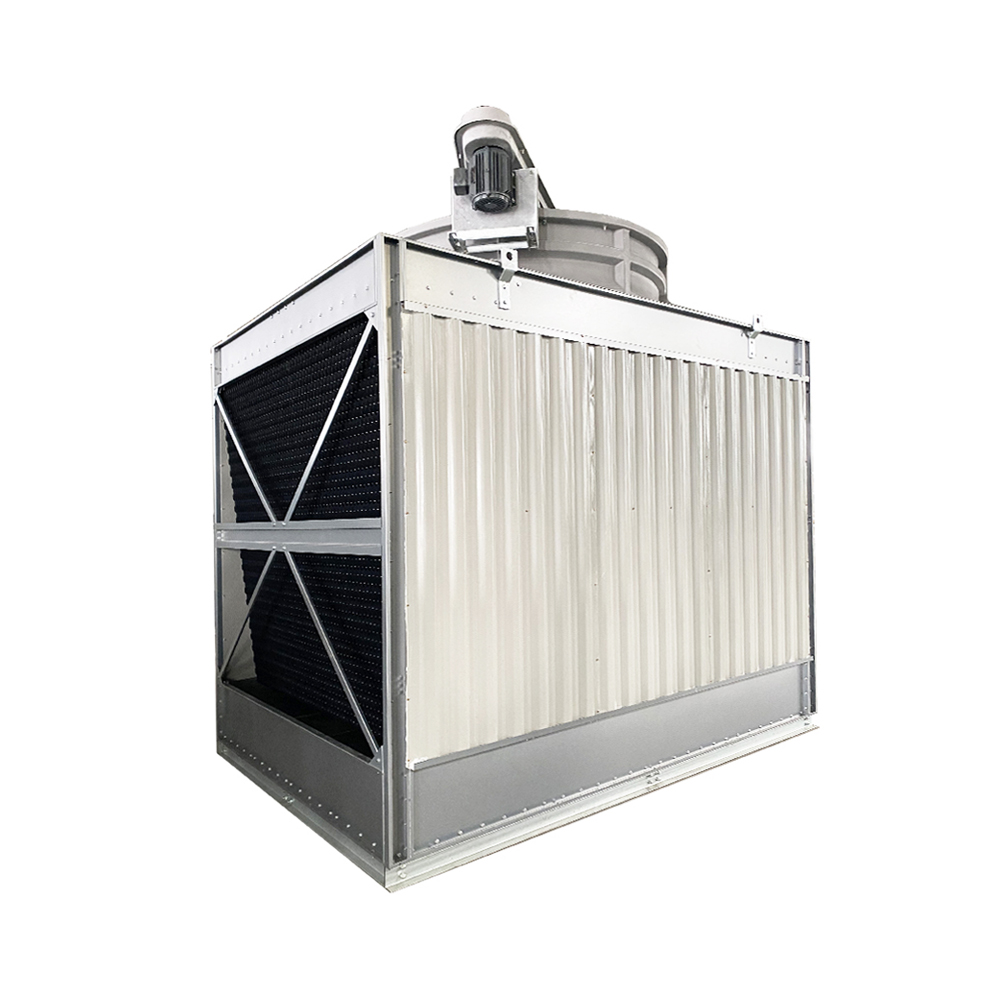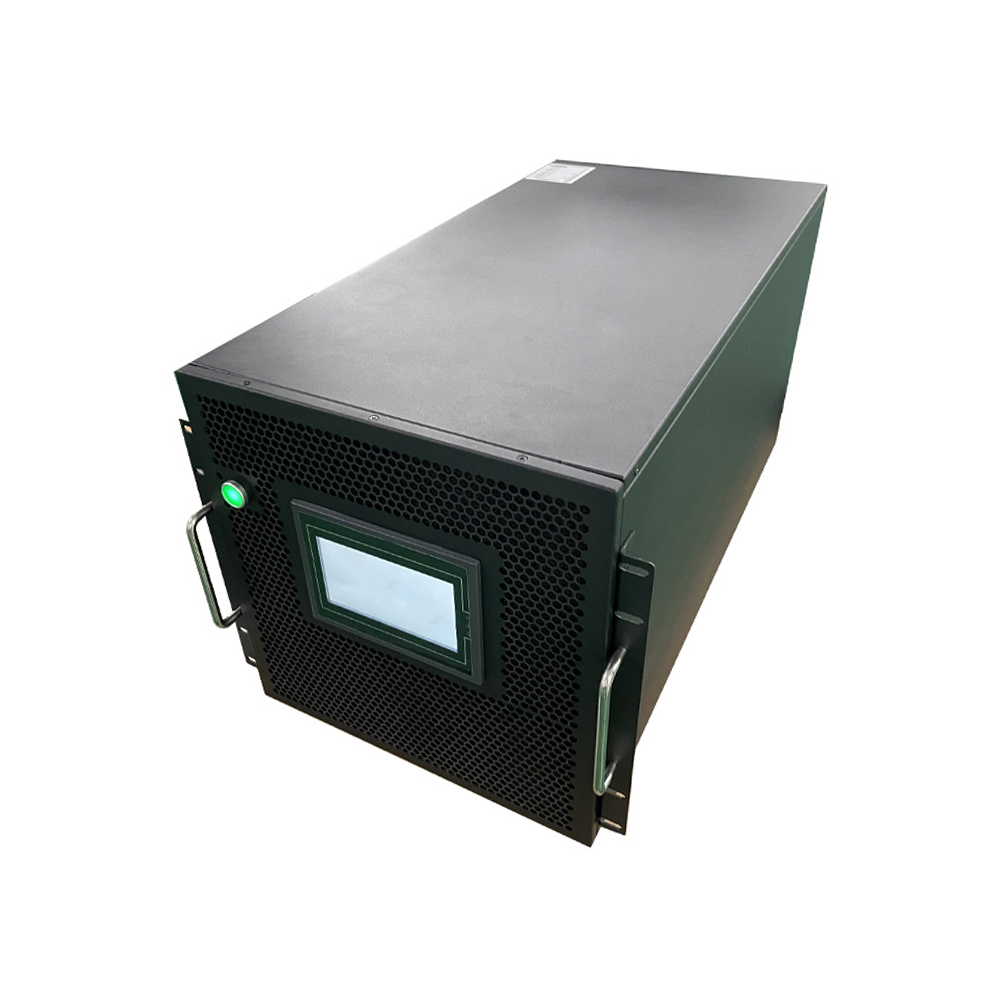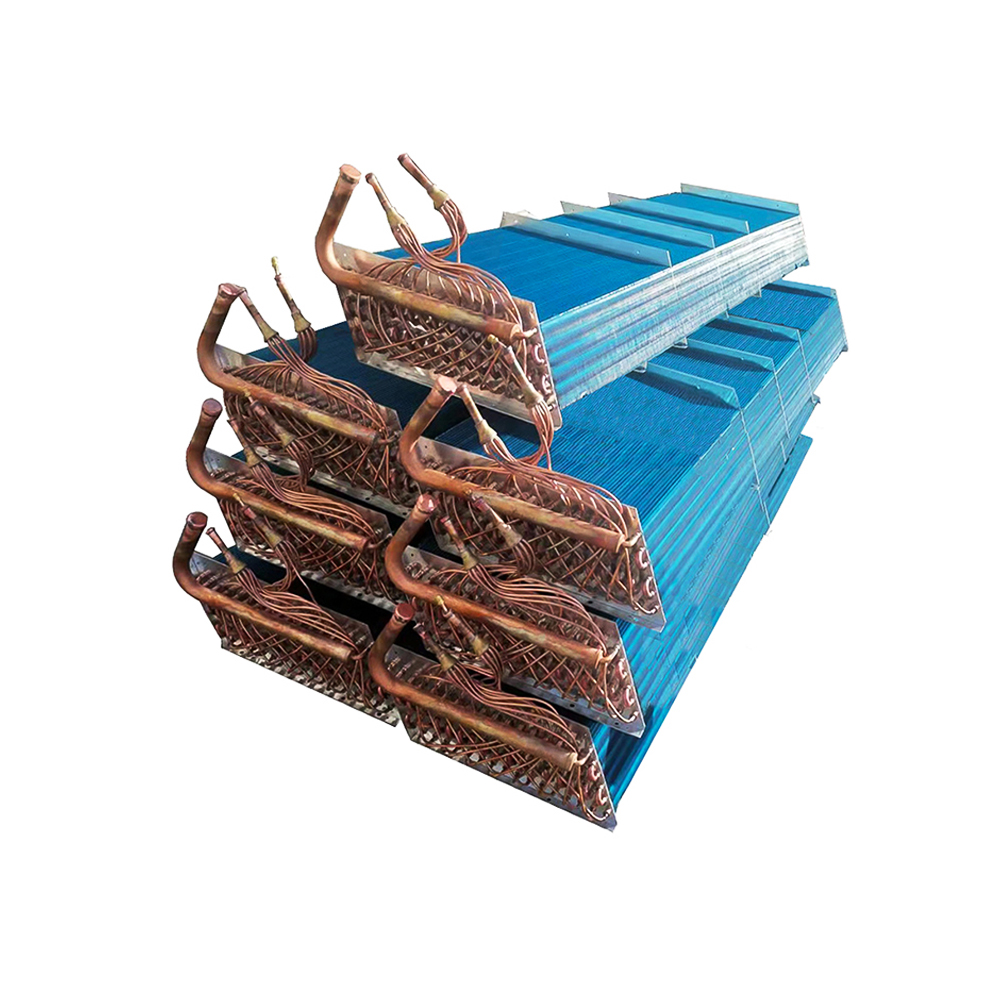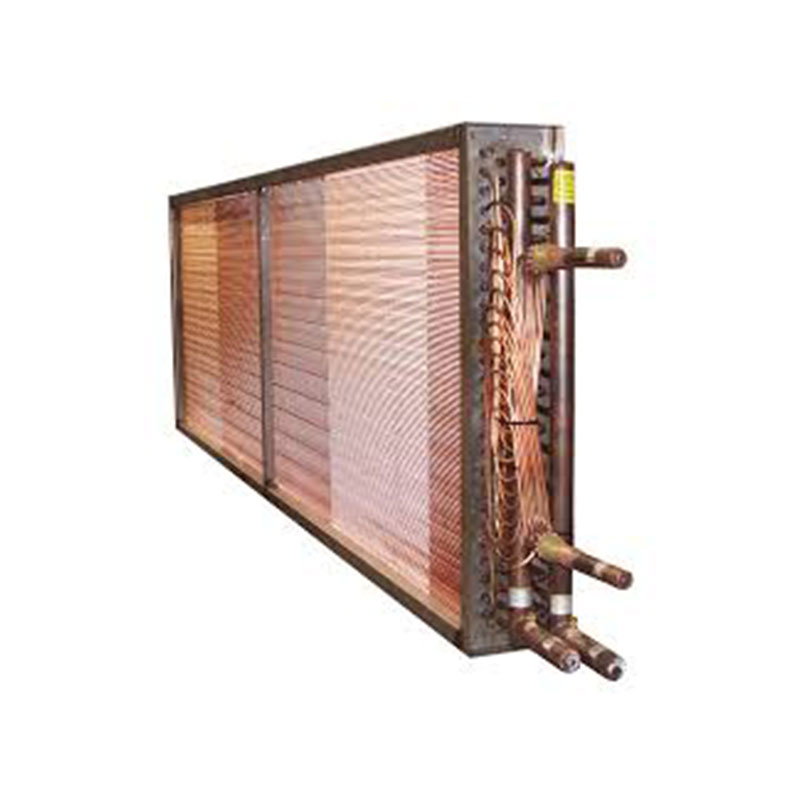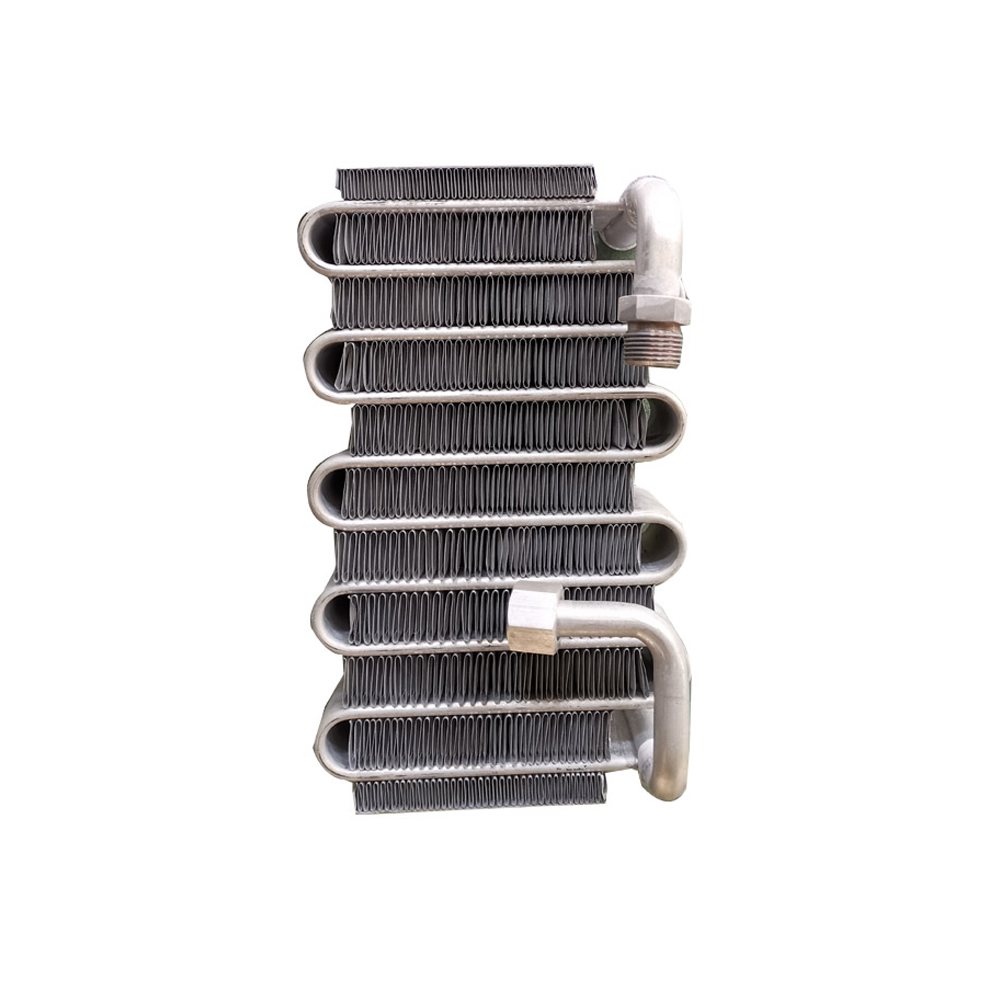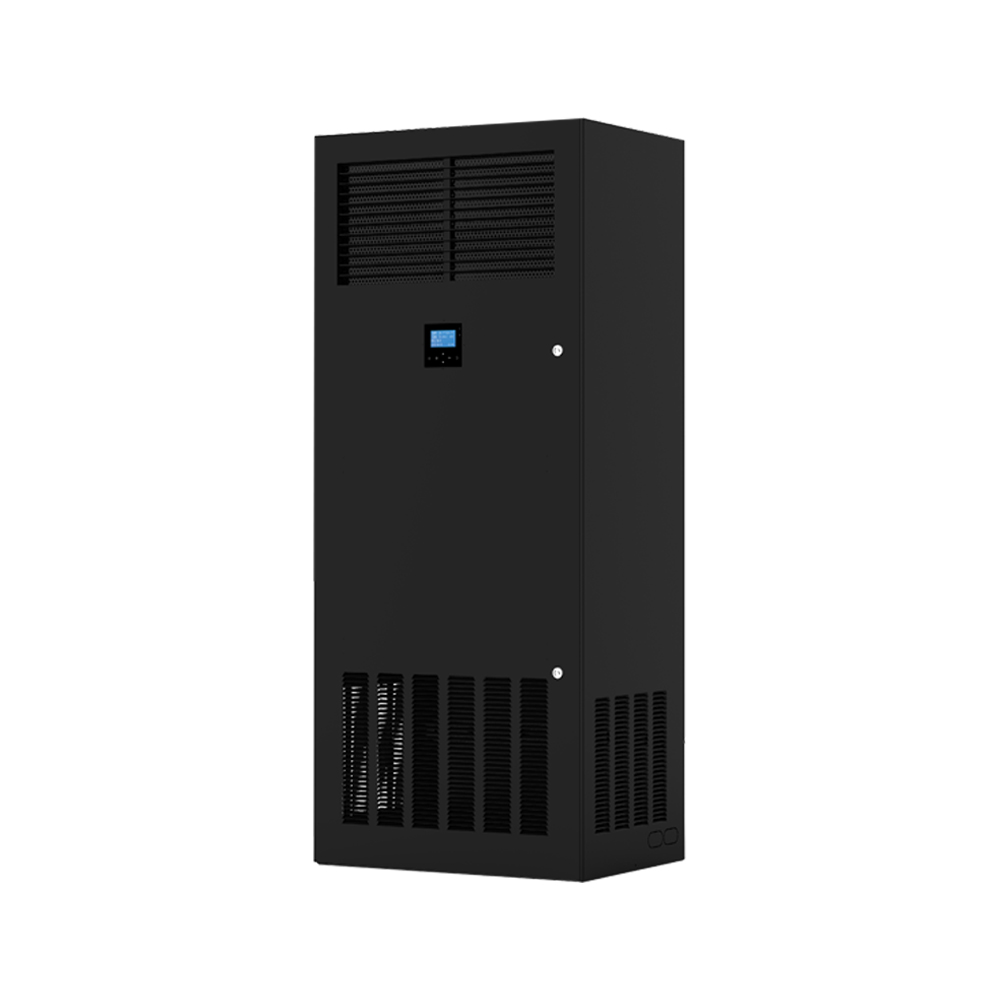Cooling Coil Supplier: Your Guide to Choosing the Right EquipmentFinding the perfect cooling coil supplier can be challenging. This guide helps you navigate the process, from understanding different coil types to selecting a reliable supplier. We'll cover key considerations to ensure you get the right equipment for your specific needs.
Understanding Cooling Coil Types
Evaporative Cooling Coils
Evaporative
cooling coils utilize water evaporation to lower air temperature. They're commonly used in areas with low humidity and are energy-efficient compared to refrigeration systems. Different designs exist, varying in efficiency and application. Consider factors like the coil's material (often aluminum or copper), fin density, and airflow capacity when choosing an evaporative cooling coil.
Refrigeration Cooling Coils
Refrigeration
cooling coils, often found in air conditioning systems, use refrigerant to transfer heat from the air to a lower-temperature environment. These coils are more efficient in high-humidity climates but require more complex systems and utilize refrigerants, potentially impacting environmental considerations. The choice between various refrigerant types (R-410A, R-32, etc.) should consider environmental regulations and energy efficiency.
Other Types of Cooling Coils
Beyond the two primary types, specialized
cooling coils exist for specific applications. For instance, industrial processes might utilize coils designed for high-pressure or corrosive environments. Always specify your application's unique requirements to ensure compatibility.
Choosing the Right Cooling Coil Supplier
Selecting a reliable
cooling coil supplier is crucial for project success. Key factors to consider include:
Supplier Experience and Reputation
Research the supplier's history, client testimonials, and industry certifications. A reputable supplier will have a proven track record and positive feedback. Look for long-standing companies with a strong presence in the market. Check online reviews and industry directories for insights.
Product Quality and Certifications
Verify that the
cooling coil supplier offers high-quality products with necessary certifications. Certifications like ISO 9001 indicate a commitment to quality management systems. Inquire about the materials used in the coils and their durability. Understanding warranties and return policies is also important.
Technical Support and Services
A good supplier provides comprehensive technical support before, during, and after the sale. This includes assistance with selection, installation, and maintenance. Ensure they offer readily available support channels like phone, email, and online resources.
Pricing and Delivery
Compare prices and delivery times from multiple suppliers. However, prioritize quality and reliability over solely focusing on the lowest price. Inquire about minimum order quantities and lead times.
Comparison of Leading Cooling Coil Suppliers
| Supplier Name | Coil Types Offered | Certifications | Technical Support | Average Lead Time (Days) | Price Range (USD) ||--------------------------|-----------------------------|--------------------------|-------------------------|-------------------------|------------------------|| Shanghai SHENGLIN M&E Technology Co., Ltd.
ShenglinCoolers.com | Evaporative & Refrigeration | ISO 9001 | Phone, Email, Online | 10-20 | Varies depending on order || Supplier B | Evaporative | Certifications | Support Details | Lead Time | Price Range || Supplier C | Refrigeration & Specialized | Certifications | Support Details | Lead Time | Price Range |Note: Data for Suppliers B and C will need to be independently researched and verified.
Conclusion
Selecting the appropriate
cooling coil supplier involves careful consideration of several factors. By understanding the various types of coils, assessing supplier capabilities, and comparing options, you can make an informed decision that ensures efficient and reliable cooling solutions for your needs. Remember to always prioritize quality and reliability to ensure long-term satisfaction.









